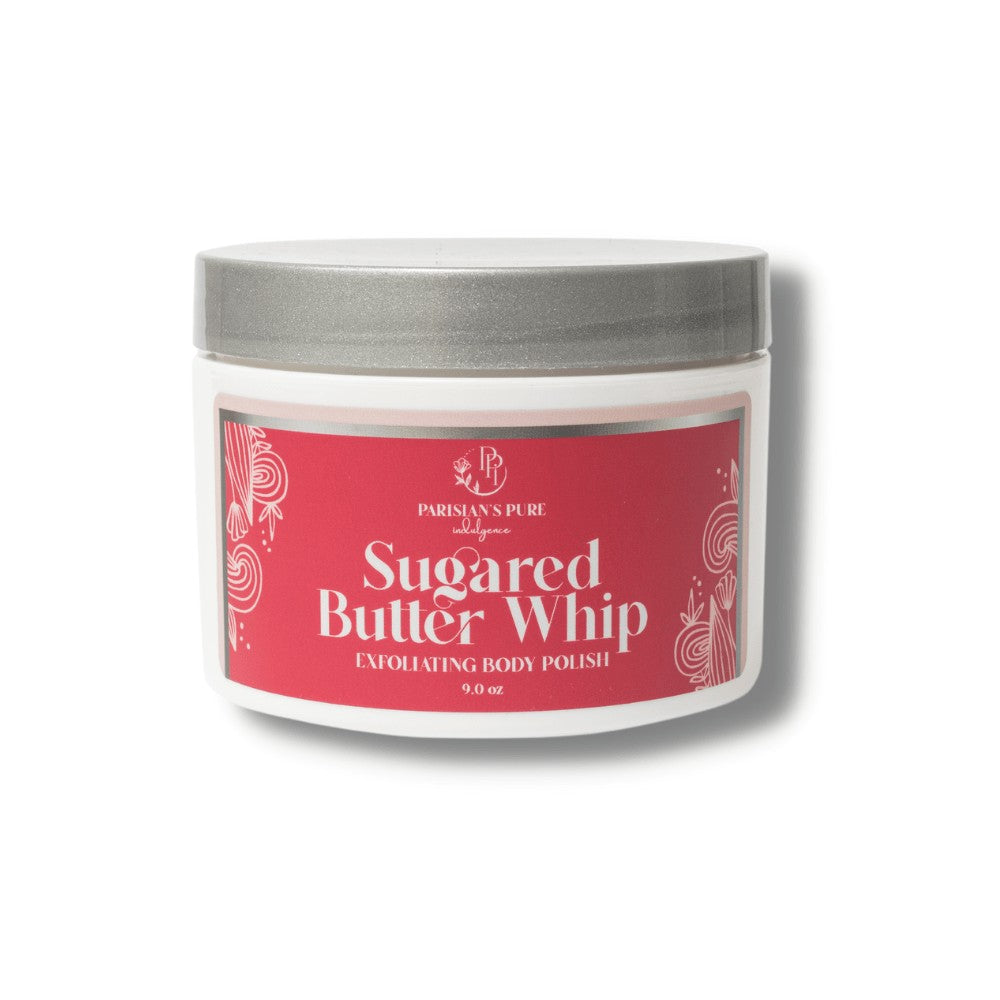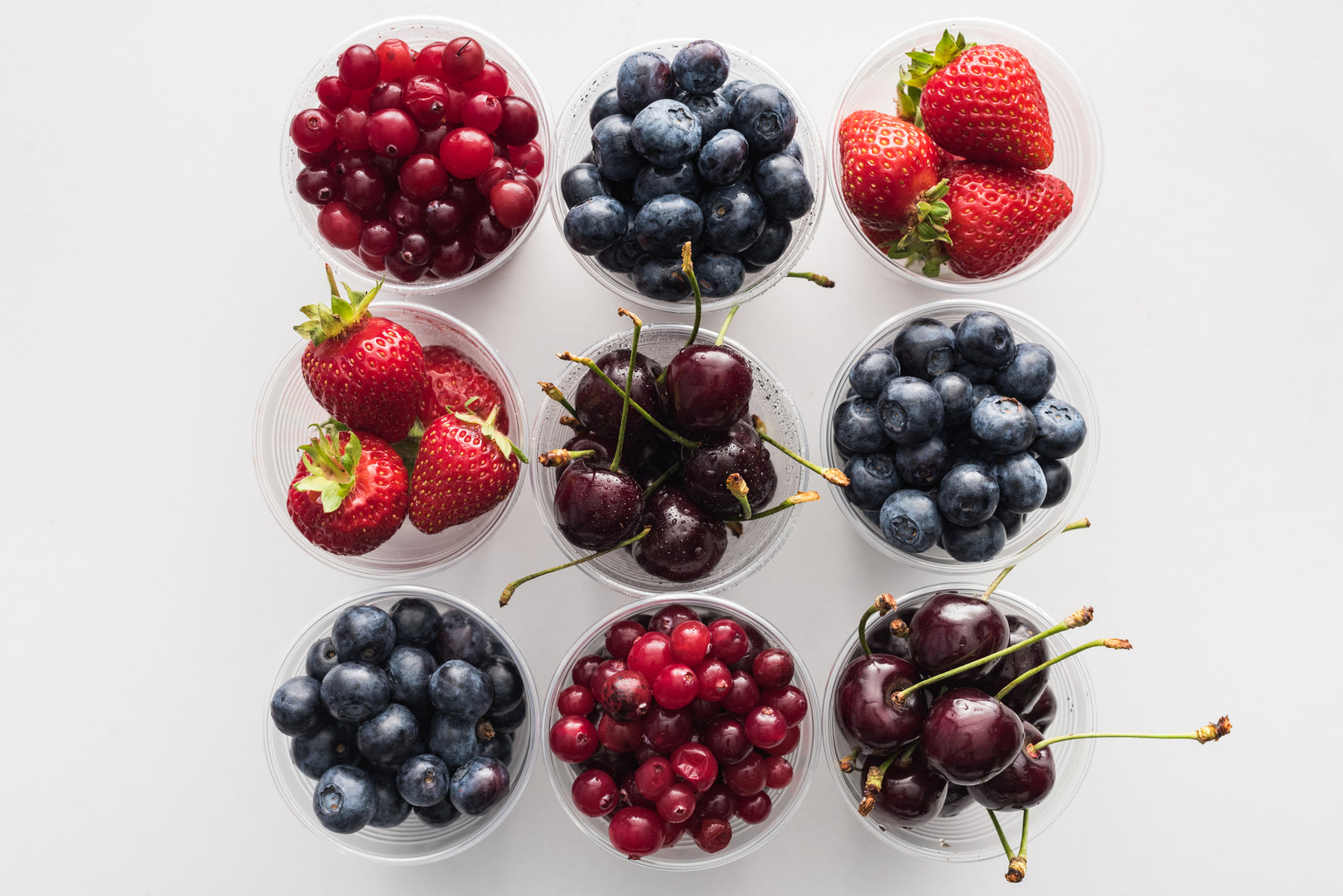10 Brain-boosting foods: Eat you way to a sharper mind
The connection between diet and brain health is becoming increasingly clear
We've long known that what we eat affects our bodies and how we look, but scientists are now finding that what we eat can also have a major impact on our brain health.
A healthy diet can help protect the brain from damage, improve cognitive function, and even boost mood. On the other hand, a poor diet can increase the risk of brain diseases such as Alzheimer's and dementia.
The brain-gut connection
The brain and the gut are closely connected. The gut is often referred to as the "second brain" because it contains a vast network of neurons that communicate with the brain. This communication is bidirectional, meaning that the brain can influence the gut and vice versa.
There is growing evidence that the gut-brain connection plays a role in a variety of health conditions, including brain health. For example, research has shown that people with depression often have imbalances in their gut bacteria.
There are a number of ways to improve the gut-brain connection. One way is to eat a healthy diet that includes plenty of fiber. Fiber helps to feed the good bacteria in the gut, which can improve gut health and communication between the brain and the gut.
By eating a healthy diet, managing stress, and getting regular exercise, you can help improve the gut-brain connection and promote brain health.
Lifestyle choices can lower our risk and provide protection
Developed by Martha Clare Morris, PhD, a nutritional epidemiologist and her colleagues, the MIND diet is a hybrid of the Mediterranean and DASH (Dietary Approaches to Stop Hypertension) diets. Both diets have been found to reduce the risk of cardiovascular conditions, like hypertension, heart attack and stroke. Researchers have found that the two older diets provide protection against dementia as well.
For 120 recipes that can enhance mental clarity, read The Healthy Mind Cookbook.

10 brain-healthy food groups
- Green leafy vegetables - leafy greens, such as spinach and kale, are a good source of vitamins, minerals, and antioxidants that are important for brain.
- Other vegetables - brussels Sprouts, asparagus, beets, and carrots.
- Nuts - and seeds are a good source of protein, healthy fats, and vitamins and minerals that are important for brain health
- Berries - berries are packed with antioxidants, which can help protect the brain from damage
- Beans - are a good source of folate, which is a B vitamin that is essential for brain development and function. Folate can help to improve memory, learning, and cognitive function.
- Whole grains - are a good source of fiber, which can help improve blood sugar control and protect the brain from damage. They're also a good source of B vitamins, which are important for cognitive function.
- Fish - is a good source of omega-3 fatty acids, which are essential for brain health. Omega-3s can help improve memory, mood, and cognitive function. Salmon, mackerel, and sardines are all good sources of omega-3 fatty acids.
- Poultry - lean poultry, such as chicken and turkey, is a good source of protein, B vitamins, and other nutrients that are important for brain health.
- Avocados - are a good source of healthy fats, which are essential for brain health. They're also a good source of vitamins and minerals that are important for cognitive function.
- Dark Chocolate - contains flavanols, which can improve blood flow to the brain. Warning: Small amounts only...the hard part.
The five unhealthy groups are:
- Red meats - is not considered to be healthy for our brains because it contains high levels of saturated fat and cholesterol. These substances can increase the risk of heart disease, stroke, and other health problems. They can also damage the blood vessels that supply blood to the brain, which can lead to cognitive decline.
-
Butter and stick margarine - butter and margarine contain trans fats, which are even worse for your health than saturated fat. Trans fats can raise LDL (bad) cholesterol and lower HDL (good) cholesterol, which can increase the risk of heart disease. They can also damage the brain's synapses, which are the connections between brain cells.
A study published in the journal Neurology found that people who ate the most trans fats had a higher risk of developing Alzheimer's disease than people who ate the least trans fats. The study also found that people who ate the most trans fats had worse cognitive function as they aged.
- Sugary drinks - soda, juice, and sports drinks, can damage the brain's synapses, which are the connections between brain cells. Sugary drinks can also lead to weight gain, which is a risk factor for cognitive decline.
- Pastries and sweets -sugar leads to inflammation which can damage the brain. Inflammation is a natural response to injury or infection, but it can also be harmful if it is chronic.
- Fried or fast food - Fried foods and fast foods are high in unhealthy fats, such as saturated fat and trans fat. These fats can damage the blood vessels that supply blood to the brain, which can lead to cognitive decline.












